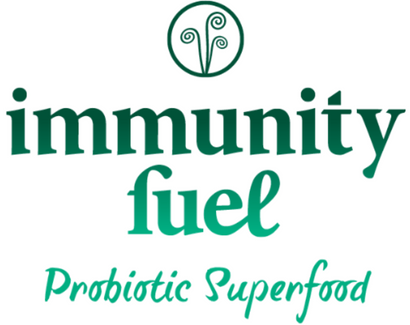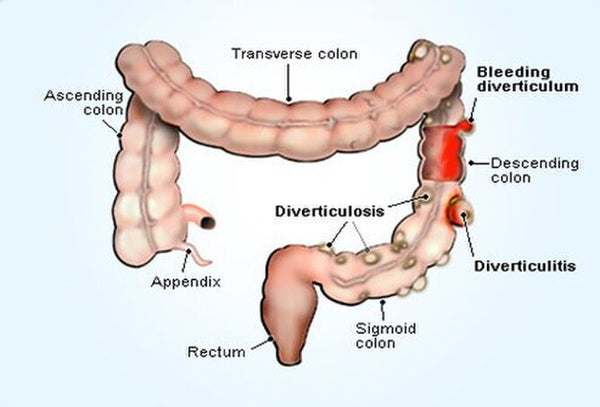I have a recent diagnosis of ulcerative colitis, so tried Immunity fuel to see if it would help instead of being prescribed traditional medication that comes with side effects. It took about 3 months to make a real difference, but now I have had 7 months of great bowel health. I will definitely continue taking it daily, and thoroughly recommend it to anyone with gut issues.
Great prebiotic, that has helped my son recover from H-pylori
We have found the immunity fuel capsules amazing and just spent 7 weeks in Europe illness free as many of our fellow travellers were hit by bugs and virus’s we were full of energy and felt great
Unless you have suffered with long term gut issues, it is hard to explain to people how debilitating this issue is mentally and physically. I had been suffering debilitating digestive issues for over two years. I have tried many products over the years, I have a cupboard full of them. While some helped to a degree, most were only bandaid solutions. Enter Immunity Fuel. I found this product by accident while browsing and decided to give it a try. I take a half a teaspoon morning and night in tepid water, the warm water seems to disolve the powder better. I have been taking this now for 50 days and what a game changer. I can't tell you the difference it has made to my daily life. I hardly have anymore problems with wind & belching. vomitting, bowel issues, my sleep was terrible as I was taking all of these symptoms to bed with me. My appetite has returned and I have stopped dropping weight which was a real concern. While not back to my old self, this product has helped me return to good health. I am about to register for automatic delivery. Thank you Immunity Fuel. 10/10 from me.
I have been taking immunity fuel for the last 2 months, I definitely felt a difference after 2 weeks of being on immunity fuel-Stomach felt less bloated and over all wellbeing improved. Would highly recommend this product! I add it to my morning smoothie every morning..
I just wanted to let you know that I began using it when I was recovering from Pneumonia and Reflux brought on by the antibiotics I took during my pneumonia. I believe it helped me significantly to get back to 100% health much quicker than I (and many others) thought I would. So I am very pleased to have discovered it. Although I am hale and healthy again, I am continuing to take it at a lower dose rate.



